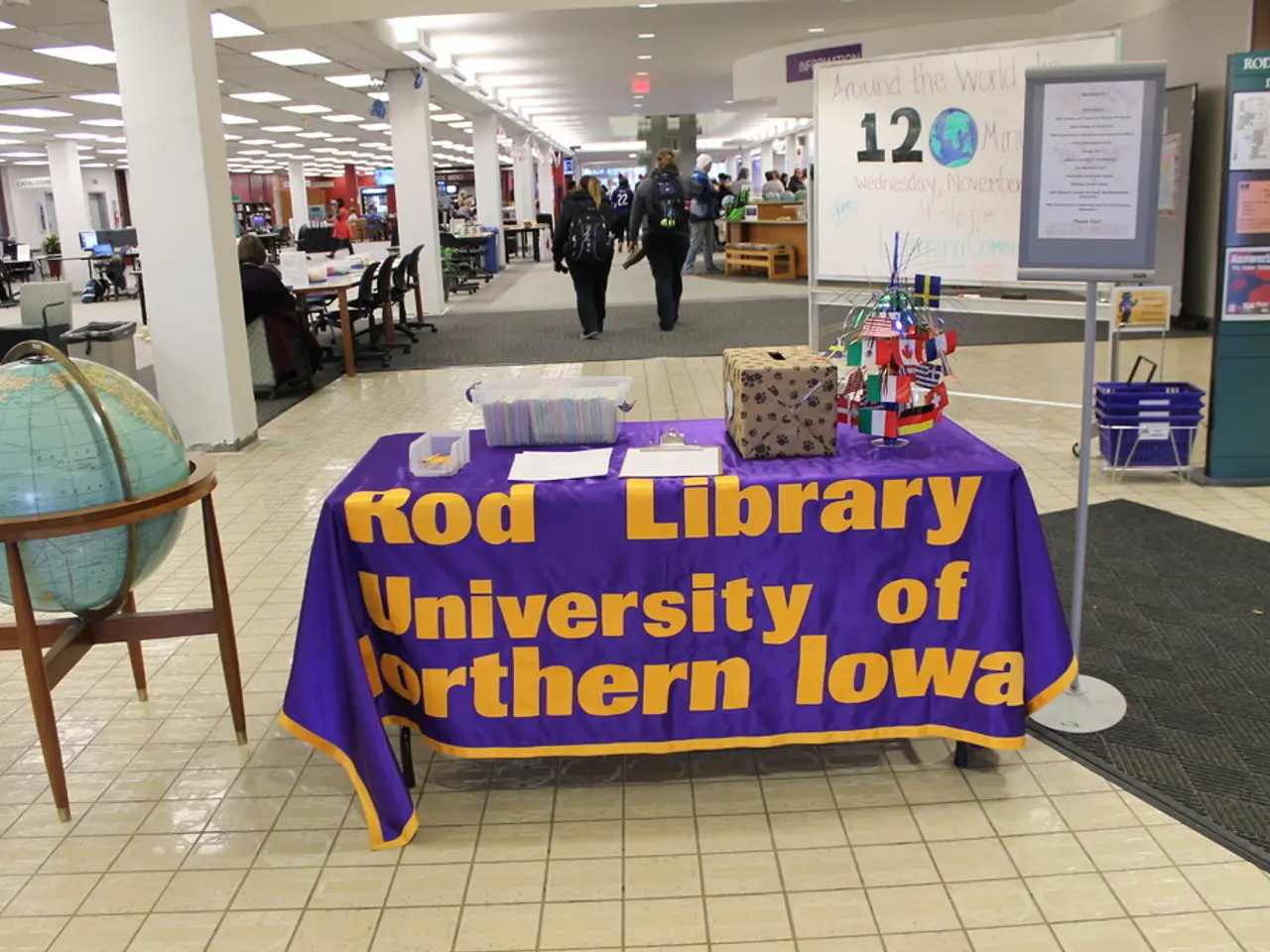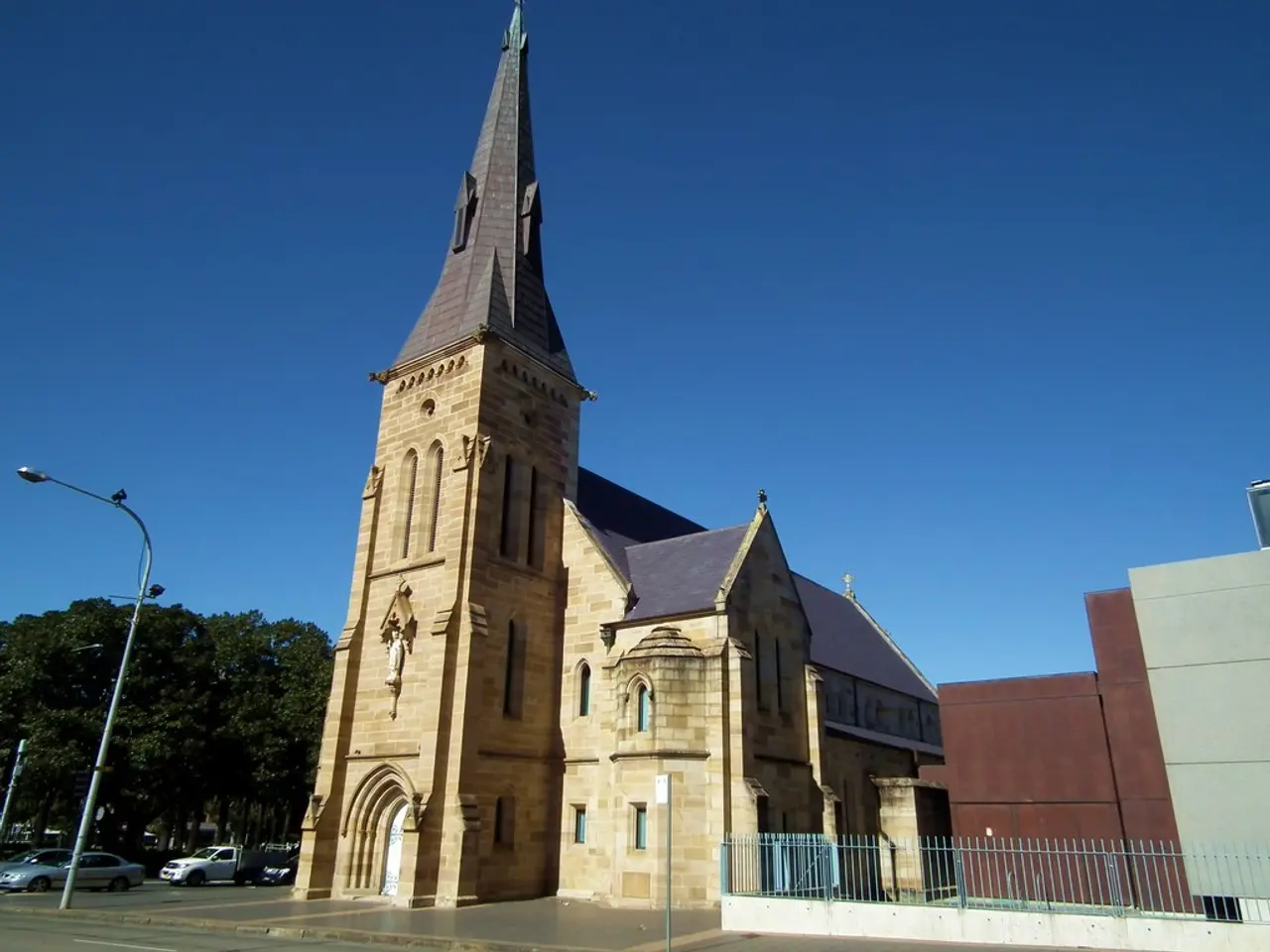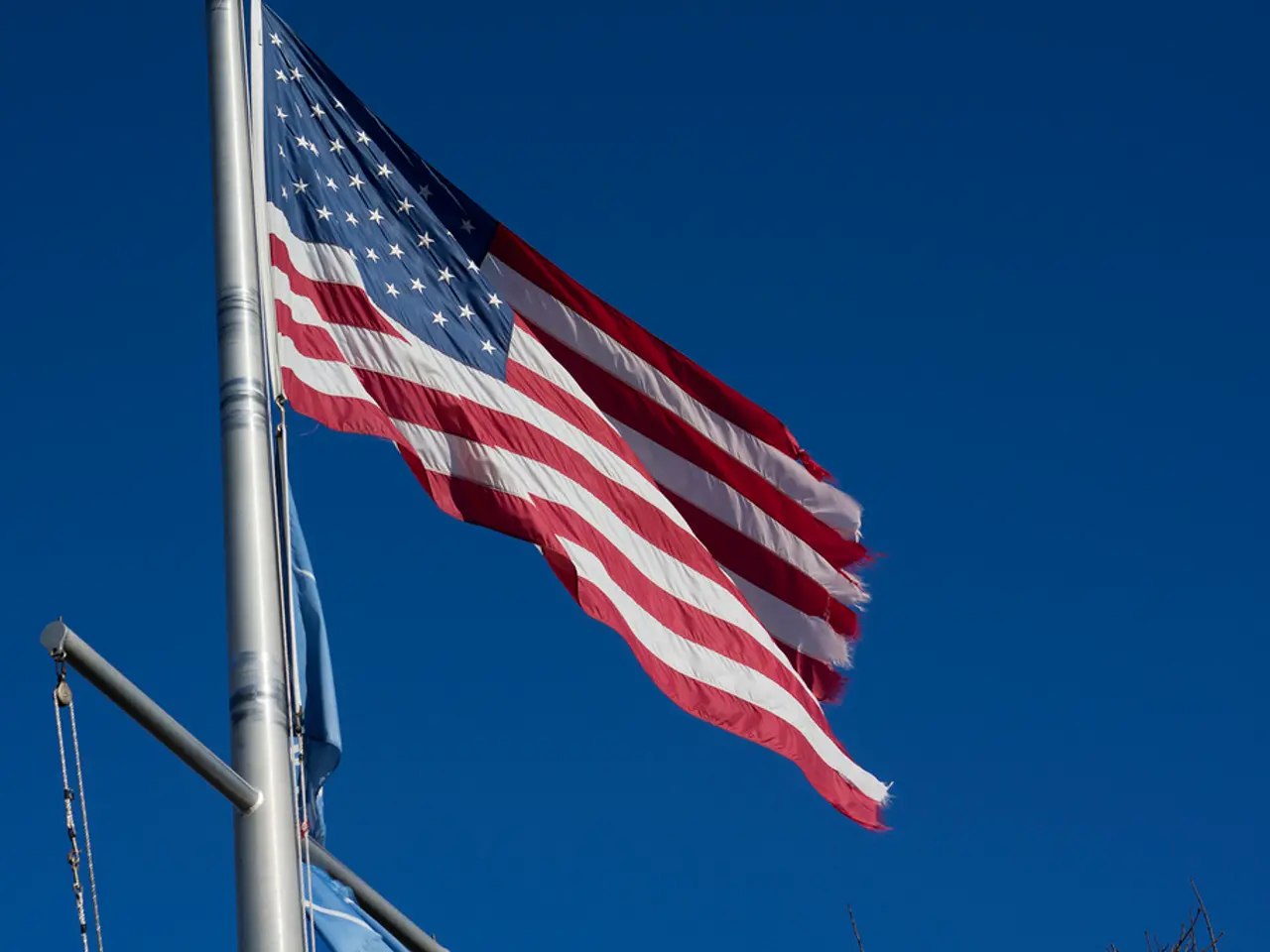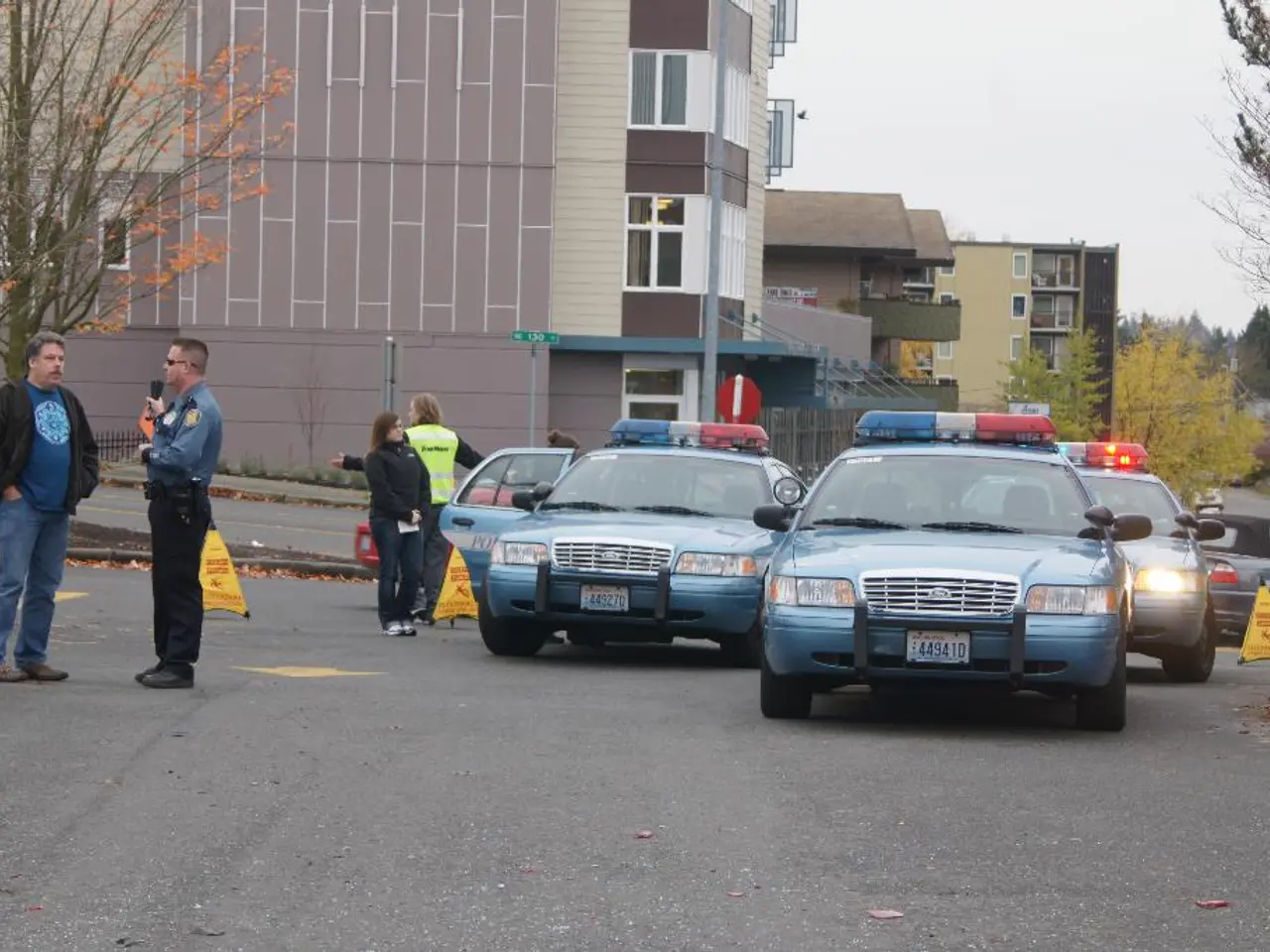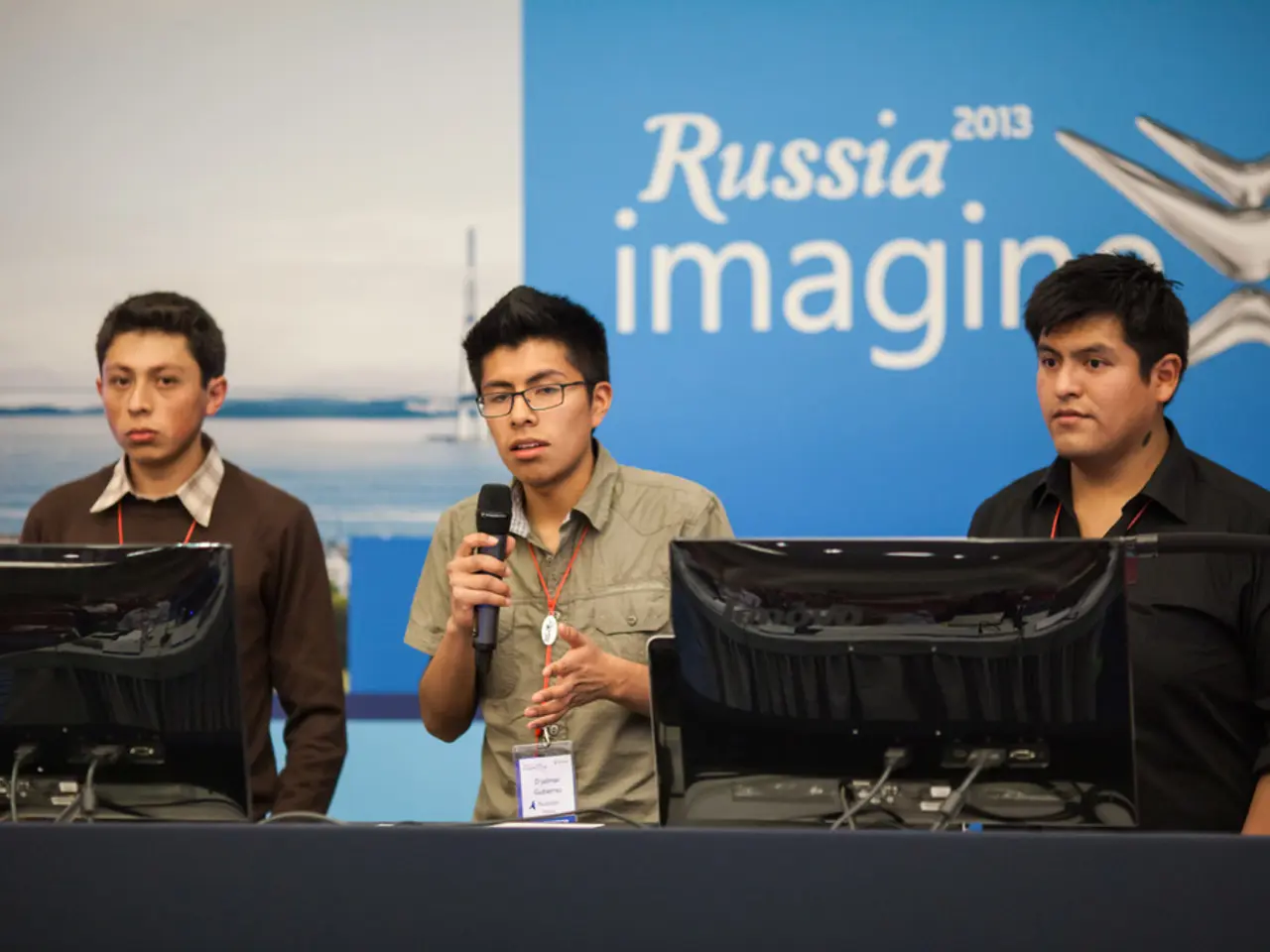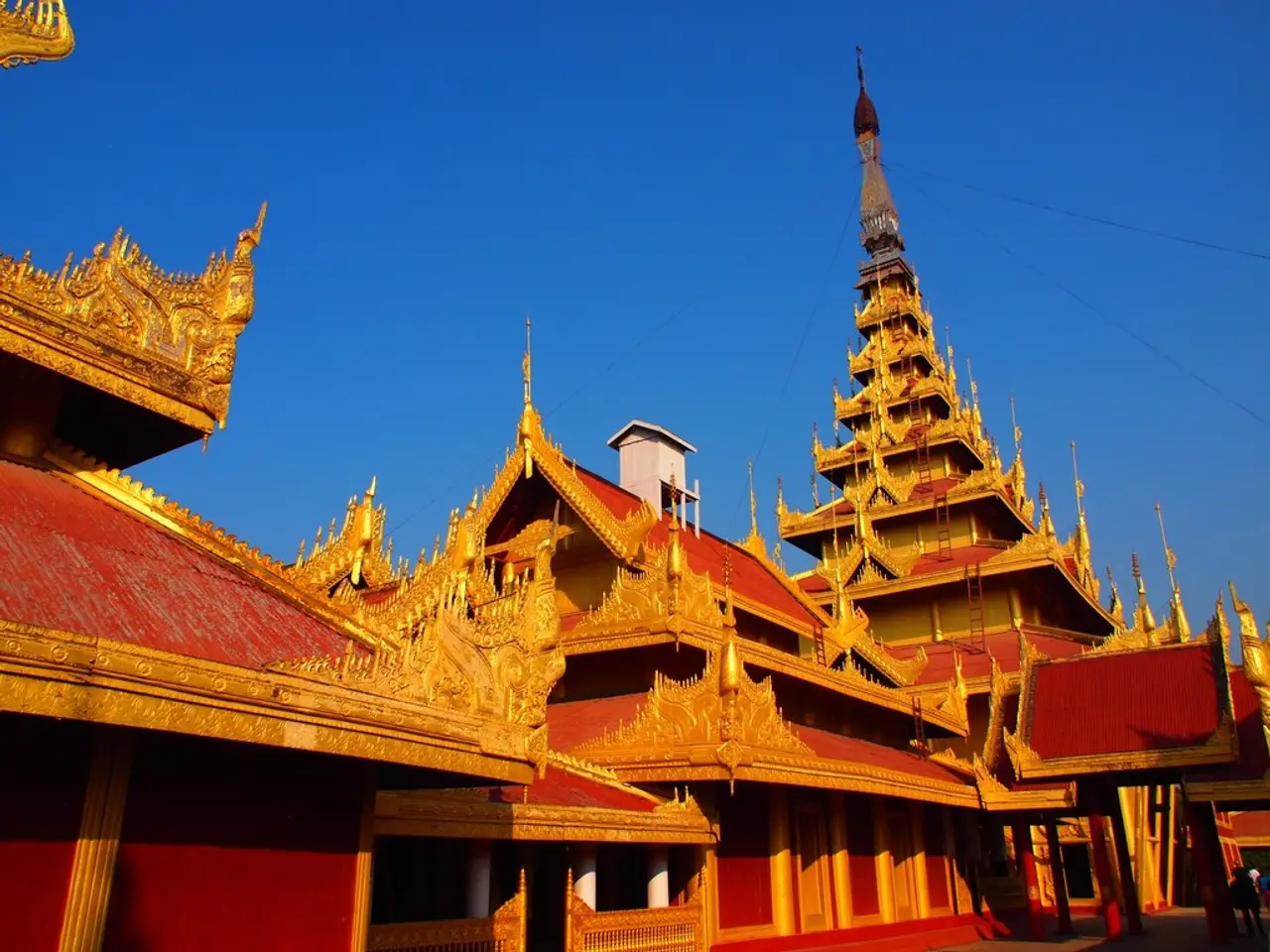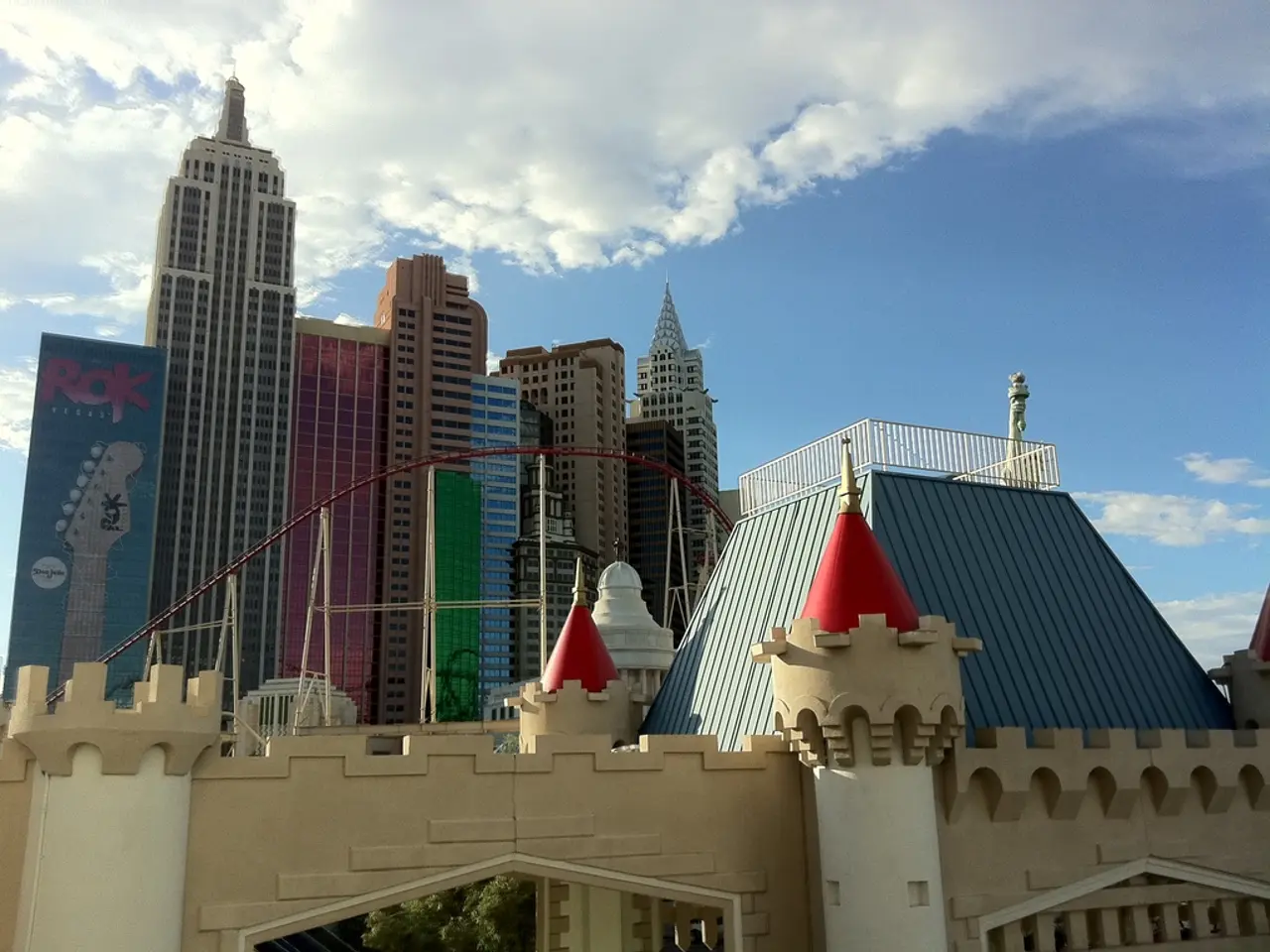Diplomatic Encounter: Russian Foreign Minister Lavrov Conferences with Iranian Counterpart during BRICS Gathering
In the bustling city of Rio de Janeiro, the BRICS summit brought together the leaders of Brazil, Russia, India, China, and South Africa to discuss global issues and address regional tensions. During the summit, a significant meeting took place between Russian Foreign Minister Sergey Lavrov and his Iranian counterpart, Abbas Araghchi.
The meeting, reported by TASS, occurred on the sidelines of the BRICS summit. The two diplomats exchanged handshakes, marking a moment of diplomatic camaraderie amidst the tense atmosphere in the Middle East.
The BRICS summit's declaration, adopted by the leaders of the BRICS countries, focused on the recent escalation in the Middle East. The declaration strongly condemned recent bombing campaigns against Iran, describing them as a "violation of international law" and "deliberate attacks" on civilian infrastructure. However, the statement carefully avoided directly naming the United States or Israel as responsible parties for these strikes.
The BRICS leaders reiterated their "grave concern" over attacks on Iran and stressed the urgent need to break the cycle of violence and restore peace in the Middle East through diplomatic means. They called for a mediated peace process based on a two-state solution for the Palestinian-Israeli conflict, despite Iran's push for stronger language and refusal to recognize Israel's sovereignty.
The declaration also reaffirmed support for the establishment of a sovereign, independent, and viable State of Palestine within the 1967 borders with East Jerusalem as its capital, consistent with relevant UN resolutions and the Arab Peace Initiative. It welcomed ongoing efforts for a ceasefire and humanitarian aid delivery in the region.
Notably, the declaration indicated a unified stance against Israel's strikes on Iran and attacks on its nuclear facilities, which are under IAEA guarantees. The emphasis was on condemning the strikes and calling for peace and negotiation rather than on nuclear issues per se.
The BRICS summit's declaration thus stands as a testament to the international community's collective concern over the ongoing conflicts in the Middle East and a call for peace and diplomacy to resolve these issues. The meeting between Lavrov and Araghchi, amidst this backdrop, underscores the ongoing efforts of key global players to engage in dialogue and find a resolution to the region's complex challenges.
- The BRICS summit's declaration, focusing on the recent escalation in the Middle East, strongly condemned recent bombing campaigns against Iran, describing them as a "violation of international law" and a "deliberate attack" on civilian infrastructure.
- Despite Iran's push for stronger language and refusal to recognize Israel's sovereignty, the declaration reaffirmed support for a mediated peace process based on a two-state solution for the Palestinian-Israeli conflict, with a unified stance against Israel's strikes on Iran and attacks on its nuclear facilities, which are under IAEA guarantees.
